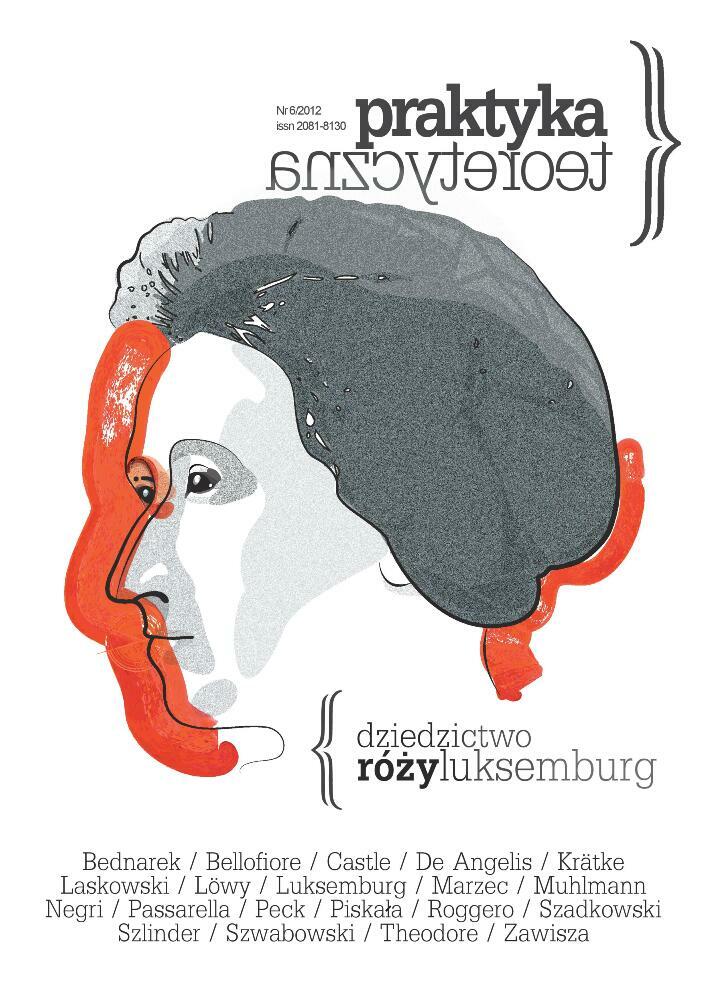Abstract
The discussion on Rosa Luxemburg’s theories of imperialism has
mainly focused on the economic argument - the schemes of reproduction, the
process of circulation, the need for “external” markets, etc. There is however
another dimension, at least as important : the struggle of imperialism against
pre-capitalist economies, the ruthless destruction of “natural” and peasant economies,
many of them being forms of primitive communism. Luxemburg’s
interest for primitive communist societies is documented by her Introduction
to Political Economy and the imperialist war against them is discussed both in
this work and in the last chapters of The Accumulation of Capital. A wholly
original approach to the evolution of social formations, running counter to
linear “progressive” views of bourgeois ideology, is outlined in these reflections. Present indigenous struggles e.g. in Latin America, against multinational oil or mining companies, illustrate the topicality of Rosa Luxemburg’s argument in the 21th century.
References
Badia G. 1975. Rosa Luxemburg. journaliste. polemiste. revolutionnaire. Paris.
Hudis P. 2007. Neue Einschatzungen zu Rosa Luxemburgs Schriften uber die Nich-Westliche Welt. W China entdeckt Rosa Luxemburg: Internationale Rosa-Luxemburg-Gesellschaft in Guangzhou. Berlin.
Luksemburg R. 1959. Wstęp do ekonomii politycznej. Warszawa: PWN.
Luksemburg R. 2011. Akumulacja kapitału: przyczynek do ekonomicznego wyjaśnienia imperializmu. Warszawa: Książka i Prasa.
Mandel E. 1970. Preface. W R. Luxemburg. Introduction a l’economie politique. Paris.
Marks K. 1972. Szkice pierwotne listu do Wiery Zasulicz. W MED. t. 19. Warszawa: Książka i Prasa.
Morgan L. H. 1887. Społeczeństwo pierwotne czyli Badanie kolei ludzkiego postępu od dzikości przez barbarzyństwo do cywilizacyi. Warszawa.
License
“Theoretical Practice” seeks to put into practice the idea of open access to knowledge and broadening the domain of the commons. It serves the development of science, thinking and critical reflection. The journal is published in open-access mode under the CC-BY-NC-SA 4.0 license (detail available here: http://creativecommons.org/licenses/by-nc-sa/4.0/). Articles published in the journal may be freely distributed, stored, printed and utilized for academic and teaching purposes without restrictions.
They should not be, however, used for any commercial purposes or be reconstructed into derivative creations. Access to the journal may not be limited or offered for a fee by any third party.
Prospective authors are obliged to fill in, sign and send back the publishing contract compliant with the CC licencing. [PL.pdf, PL.doc, EN.pdf,EN.doc].
According to this contract, authors grant the journal a non-exclusive right to publish their work under the creative commons license (CC-BY-NC-SA 4.0) without any financial obligation on both sides of the contract.
Before submission authors should make sure that derivative materials they use are not protected by copyright preventing their non-commercial publication. Authors are responsible for any respective copyright violations.
